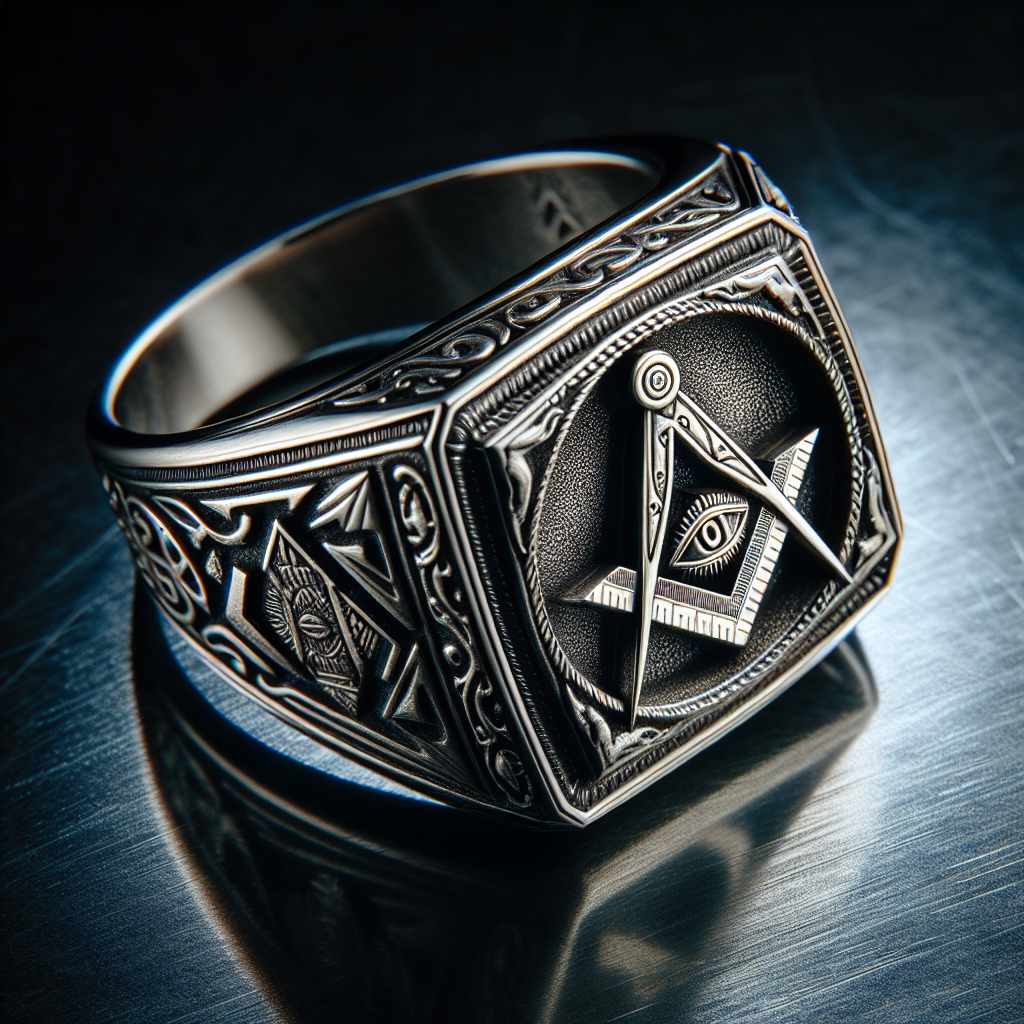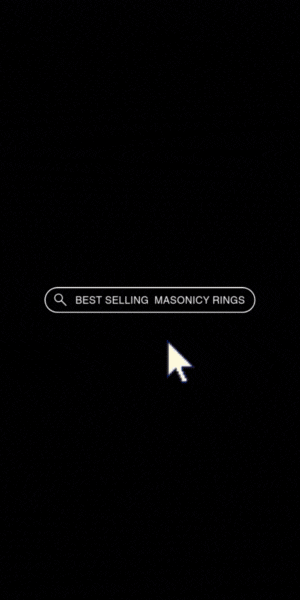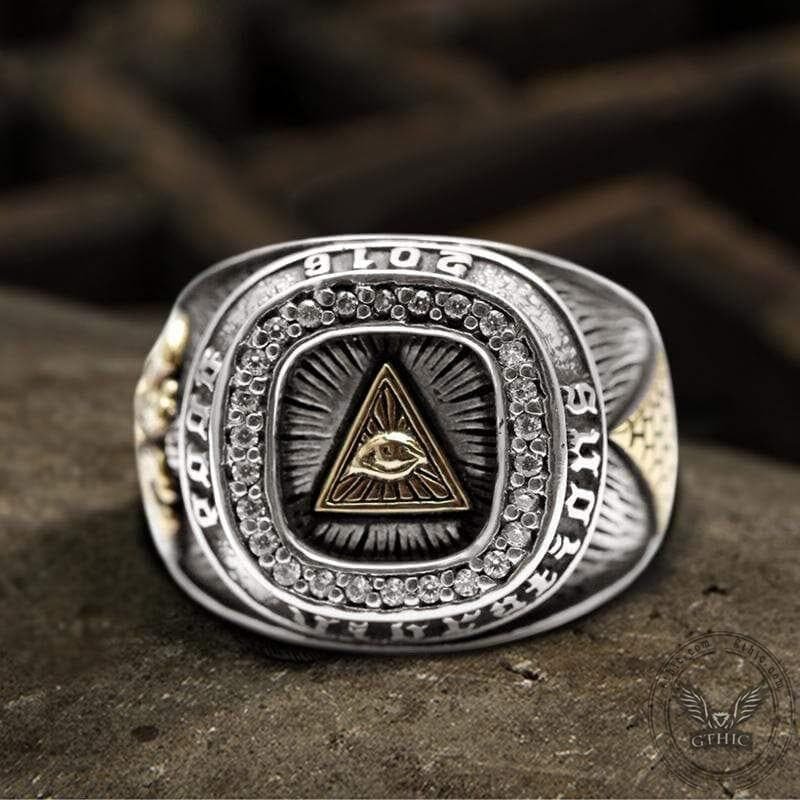
Imagine strolling through a bustling antique market while suddenly, your eyes catch a glimpse of a distinctive piece of jewelry – a Masonic ring. As it twinkles under the sunlight, you can’t help but wonder about its worth. This article is your treasure map, guiding you to uncover the unique value of Masonic rings. You’ll explore everything from their historical significance to modern-day appeal, and everything in between to determine their worth in today’s market.
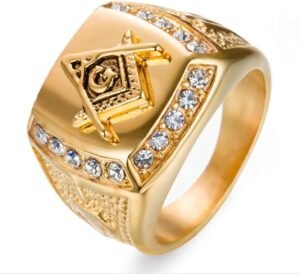
Understanding Masonic Rings
Masonic rings are a beautiful symbol of the fraternity, history, values, and principles of Freemasonry. As a Freemason, you may choose to wear a Masonic ring as a way to declare your allegiance and commitment to the fraternal organization. Even if you’re not a Freemason, you could be drawn to these pieces due to their historical significance, intricate designs, and the values they stand for.
Significance of Masonic Rings
The origin and significance of Masonic rings can be traced back to the Middle Ages when knights wore these rings as a symbol of their chivalric order. Today, wearing a Masonic ring serves multiple purposes. It’s a public display of commitment to the fraternity, a daily reminder of the Masonic obligations and values, and a symbol of the eternal nature of the Masonic bond. Each design and symbol carved onto the ring carries significant meaning associated with Freemasonry principles.
Difference between Masonic Rings and Other Pieces of Jewelry
The main difference between Masonic rings and other pieces of jewelry lies in their symbolism. Every element of a Masonic ring, from its design to its material, holds significant meaning. Unlike other jewelry pieces, Masonic rings are not just about appearance or material value. They represent a rich historical tradition and a unique fraternity.
Popular Masonic Ring Designs
There are several popular Masonic ring designs, ranging from simple to elaborate. Some feature the traditional square and compasses – the most recognized symbol of Freemasonry. Others may have the all-seeing eye, the pillar, or the Masonic handshake. Each design carries its own specific significance related to the principles and teachings of Freemasonry.
Materials Used in Masonic Rings
A variety of materials are used in crafting Masonic rings. The choice of material often reflects the wearer’s personal preference, budget, or specific symbolisms tied to the material.
Precious Metals such as Gold and Silver
Gold and silver are the most commonly used precious metals for making Masonic rings. They are favored for their durability, aesthetics, and intrinsic value. Gold rings often symbolize perfection and immortality in Freemasonry, while silver rings can symbolize purity and moral clarity.
Non-Precious Metals
Non-precious metals like stainless steel, bronze, and copper are also used to make Masonic rings. These metals are durable and more affordable than gold or silver. Bronze, for instance, is often associated with strength and endurance in Masonic symbolism.
Gemstones and Engravings
Gemstones are commonly found on Masonic rings, with each stone having its unique meaning. For instance, turquoise can symbolize spiritual truth and protection, while garnet can represent loyalty and fidelity. Engravings, such as Masonic symbols or the wearer’s initials, are also common, further personalizing the ring.
Factors Influencing the Price of Masonic Rings
The price of Masonic rings varies greatly, influenced by several factors.
Material of the Ring
The raw material of the ring plays a crucial role in determining its price. Precious metals like gold and silver tend to make the ring more expensive. In contrast, rings made from non-precious metals will generally be more affordable.
Age and Rarity of the Ring
Antique or rare Masonic rings that are hard to find or have been discontinued can command a higher price. On the other hand, mass-produced rings or new models are often more affordable.
Craftsmanship and Design
The level of craftsmanship involved in creating a Masonic ring also influences its price. A beautifully crafted, intricate design will typically be pricier than a simple, mass-produced design.
Presence of Gemstones or Diamonds
The presence of gemstones, diamonds, or other ornate embellishments can significantly increase the price of Masonic rings, depending on the type and quality of these additions.
Masonic Rings Appraisals and Valuations
Just like any other piece of jewelry, Masonic rings can be appraised for their value.
The Role of Expert Appraisers
An expert appraiser can help determine the value of a Masonic ring based on its material, age, rarity, and design. They use their skill and expertise to offer an unbiased assessment of a ring’s worth.
Process of Valuation of Masonic Rings
During a ring appraisal, the appraiser will thoroughly examine the ring. They’ll consider factors like the ring’s condition, the type of metal, the presence of any gemstones, and the quality of craftsmanship. They may also consider the ring’s historical significance and rarity.
Certification and Documentation
After the appraisal, the appraiser will provide a detailed report outlining the value. This certification serves as official documentation of the ring’s worth, useful for insurance purposes or if you plan to sell the ring.
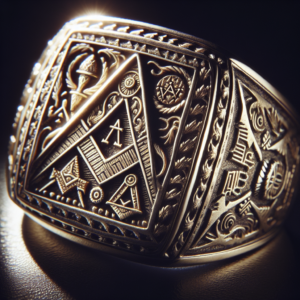
Common Price Range of Masonic Rings
Masonic rings come in a wide price range depending on various factors.
Cheap versus Expensive Masonic Rings
Cheap Masonic rings can cost as little as $20 and are typically made of non-precious metals and feature simple designs. On the other end of the spectrum, you have more expensive rings made of precious metals, featuring intricate designs and embellishments of diamonds or gemstones. These can cost hundreds or even thousands of dollars.
What Drives the Prices Up or Down
The main factors driving the prices of Masonic rings are the materials used, the craftsmanship involved, whether the ring is new or an antique, and the presence of gemstones or diamonds.
Buying Masonic Rings
When purchasing a Masonic ring, there are several things to consider to make an informed decision.
Considerations when Purchasing
You should consider your budget, personal taste, the materials used in the ring, and the craftsmanship. Additionally, research the symbols on the ring to ensure they align with your understanding and beliefs.
Best Places to Buy Masonic Rings
You can buy Masonic rings from jewelry stores, online retailers, or at Masonic events. Some Masonic lodges may also sell rings. Make sure wherever you buy from, they are reputable, and you are getting a fair deal.
How to Ensure You’re Getting Fair Value
To ensure you’re getting fair value for your purchase, have the ring appraised. Comparison shop and get second opinions if necessary. Always ask for proper documentation, especially for high-valued rings.
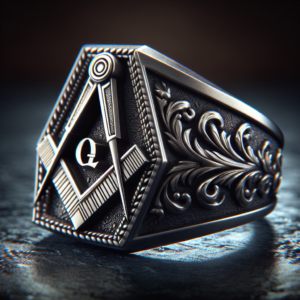
Selling Masonic Rings
There may come a time when you’d like to sell your Masonic ring.
How to Sell Masonic Rings
When selling a Masonic ring, first get it appraised to know its exact value. Photograph it professionally and accurately describe its condition, material, design, and symbolism.
Places Where You Can Sell Your Masonic Rings
You can sell your Masonic ring through online marketplaces, jewelry auction sites, pawnshops, or jewelry stores. Choose a platform that reaches your target buyers and provides a secure and easy selling process.
Understanding the Resale Value
An understanding of the resale value of your ring can help you set a realistic sale price. Remember that the resale value might be much lower than the replacement value, especially for rings not made from precious metals.
Antique and Vintage Masonic Rings
Antique and vintage Masonic rings are highly sought after by collectors.
Value and Appeal of Antique and Vintage Rings
The value of antique and vintage Masonic rings often increases over time due to their age, rarity, and historical significance. They appeal to collectors and Freemasons who appreciate the links to the fraternity’s history.
How to Identify Antique Masonic Rings
Antique Masonic rings can be identified by their design, age, craftsmanship, and the type of metal and gemstones used. They might also bear some hallmarks or engravings that indicate their age and authenticity.
Price Range of Antique Masonic Rings
The price range for antique Masonic rings varies greatly, depending on their condition, materials, rarity, and historical importance. They can cost anywhere from a few hundred to several thousand dollars.
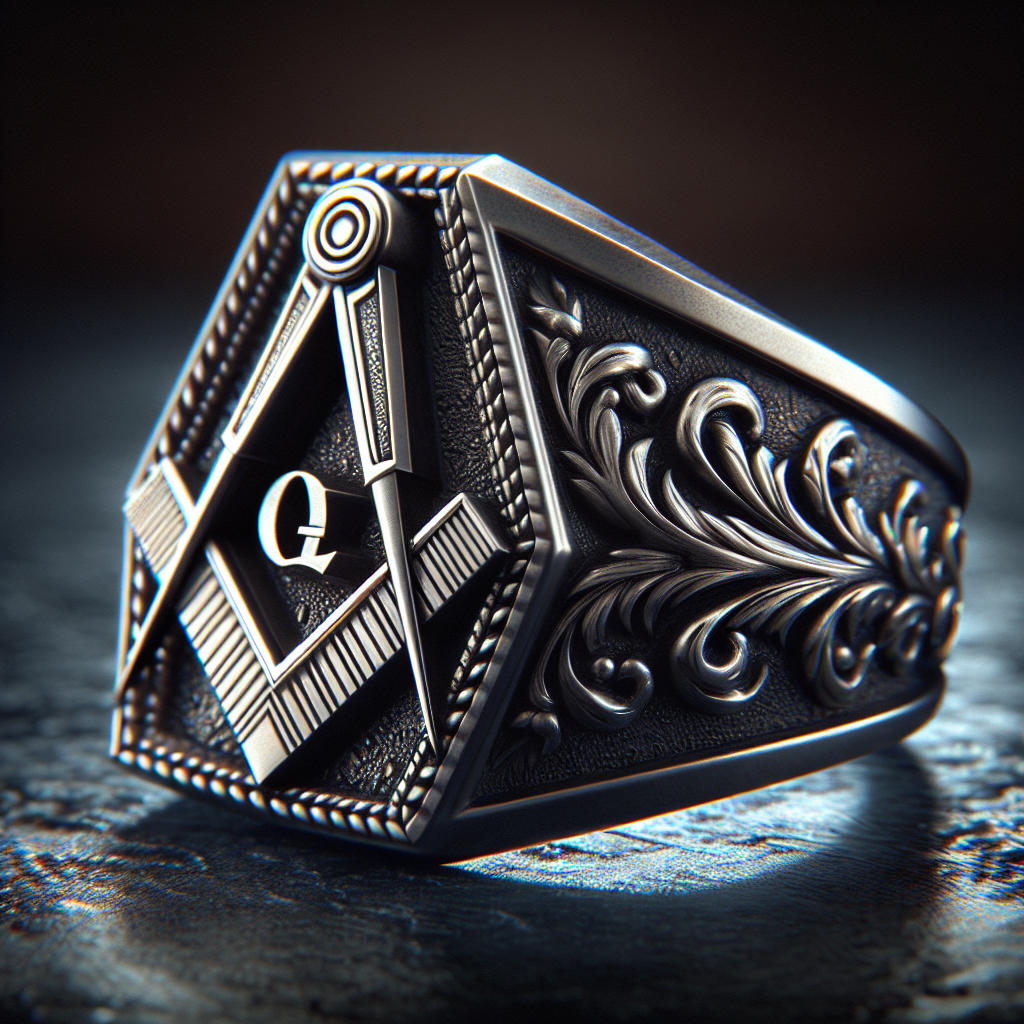
Celebrity and Famous Masonic Rings
Masonic rings belonging to celebrities or famous Freemasons often garner much attention and hold significant value.
Celebrity Masonic Rings and Their Worth
Celebrity Masonic rings can be worth a lot due to the fame and success of the owner. Often, these rings feature high-quality materials and exquisite designs.
Why Celebrity-Famous Rings Hold Higher Value
Celebrity-famous rings hold higher value due to the association with a well-known personality. Often, owning such a ring is seen as owning a piece of that celebrity’s life and success.
Most Expensive Iconic Masonic Rings Known
Some of the most expensive iconic Masonic rings known belonged to highly influential Freemasons. For example, a ring rumored to have belonged to American President and known Freemason Franklin D. Roosevelt was auctioned for a significant amount.
Investment and Collection of Masonic Rings
Masonic rings are not only for wearing. They can also be collected as a hobby or an investment.
Masonic Rings as an Investment
Masonic rings, particularly those made from precious metals or featuring gemstones, can hold their value over time, making them a good investment. Antique and rare Masonic rings are especially valuable.
Collecting Masonic Rings as a Hobby
Collecting Masonic rings can be a fulfilling hobby, especially for Freemasons. It’s a chance to possess a tangible link to the fraternity’s long history and its many symbolisms.
Considerations in Building a Masonic Ring Collection
Before starting your collection, it’s important to understand the symbolism, history, and value of different Masonic rings. Also, seek quality over quantity and always verify authenticity. Consider diversifying your collection with rings made of different materials, designs, and from different historical periods. Remember, each ring in your collection is a piece of Masonic history and a testament to its enduring principles.
